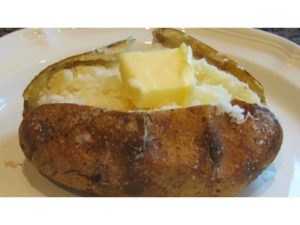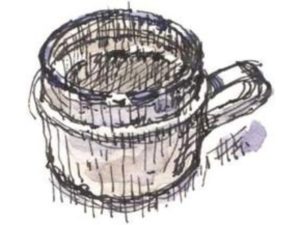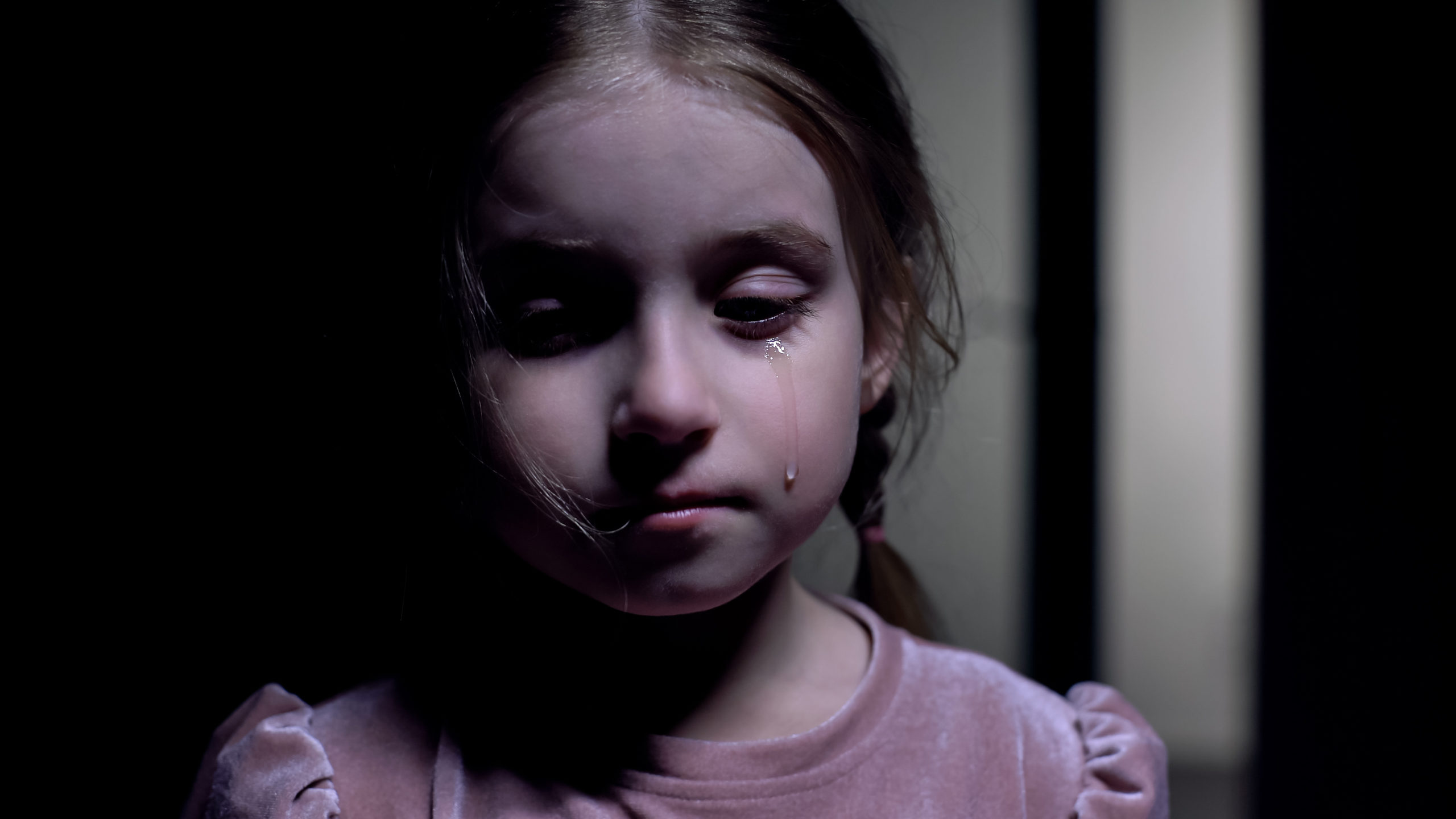Sweet tea and hot spuds……….
Somewhere over the back of our house at Beazley’s Bridge – but within walking distance (in my childhood distance as a was determined more by imagination than by measurement – could I complete the fight between the lone ranger and the Indians) – lived Alec.
He never knew it, but he played a critical part in my life – reaching out from his death to influence my career choice. He was a kindly, generous survivor of the Great War. Visiting him in the winter was something to be treasured. (Later, these same visits were more to be avoided because Alec and my father would sit around the fire and yarn about bloke stuff. Later I would shamefully try and convince Dad not to stop by for one of his quick two hour visits). But before the age of youthful impatience set in, you would walk the half mile or so to his little chook farm to get some eggs. And you did so because it provided a leisurely walk swishing a stick to kill off thousands of invading pirates, and secondly and most importantly, if you were lucky, on a cold, glum winter’s day you got a mug of hot, syrupy sweet, strong black tea and a baked potato that had been cooked in the ashes of the open fire. They might have been BLOODY HOT, but smothered in butter and salt, tasted better than anything you can imagine.
You got to drink your tea from a chipped enamel mug as you sat in a kitchen with bare floorboards with an old kerosene lamp and a tablecloth of yesterdays newspapers. It was close to heaven.
And his chooks were free range – long before it was picked up by the marketing gurus and justified a thirty percent increase in price – and his eggs were special. They were collected by hand, cleaned by hand, sorted by hand and then stacked away in a double mud brick cool room -(which was surprisingly cold in the winter and pleasantly cool in the summer).
He never said a lot about his life – but we knew to stay away on November 11. In retrospect, that was when he marked his past life – that time when he was a warrior in 1916. He never talked about his experiences in the Great War; a, single young man was setting sail on the RMS Morea; as a member of the 3rd light horse brigade on one of life’s grand adventures – or nightmares. His enlistment papers describe him as a “natural born British subject”, and at the age of 26, he was to earn the princely sum of five shillings a day.
I don’t know what he experienced. He certainly never mentioned it. Like a lot of men of that generation, the horrors of war remained locked away. Many had, as former Prime Minister, Paul Keating said in the eulogy at the funeral service of the Unknown Australian Soldier, gone to war because they believed that “the Great War would be an adventure too grand to miss”; or that they went “for no other reason than that he believed it was his duty he owed his country and king.”http://www.awm.gov.au/commemoration/keating.asp
I know that he served in the Middle East. I know that the 3rd brigade first saw action during the Dardanelles Campaign in the Battle of Gallipoli where they were noted for their charge during the Battle of the Nek. I know they were involved in the Sinai and Palestine Campaign until the end of the war.
I know these brief details because I used technology to track him down three or four decades after he died. Even memories of his death are vague as the memories of hot sweet tea and steaming hot spuds.
They should be stronger – Alec gave me my first by-line when I wrote his obituary for the local paper. Career counseling was not an advanced service in small country high school – up until then I had pursued journalism because the school librarian said I should (you are good at English, you should be a journalist said she; sterling idea said I) but the buzz of that byline – of watching your name being printed; being acknowledged in a small town as someone who WROTE about others, was intoxicating, almost as much of the sounds and smells of a newspaper office.
Much of those addictive qualities of newspapers disappeared with the rush of technology, but the memories are ingrained of the men setting the lines of metal type, hearing the rhythmic slap, slap, and slap of the printing press, the smell of the ink. Years later I would love sitting outside Lygon Street coffee shops early on a Saturday morning – after an all-night pool and drinking session – sipping coffee and unfolding the first inky edition of the Melbourne Age.
It’s interesting, looking back, trying to identify those things that influenced, shaped and moulded our hopes and dreams. And as I walk with the early morning workers scurrying down Brisbane’s George Street, isolated by their iPods, smartphones, tablets and the constant need to connect, and be seen to connect, not looking left or right but fiercely straight ahead, I think of Banjo Patterson’s lines from Clancy of the Overflow:
And the hurrying people daunt me, and their pallid faces haunt me,
As they shoulder one another in their rush and nervous haste,
With their eager eyes and greedy, and their stunted forms and weedy,
For townsfolk have no time to grow, they have no time to waste.
And I wonder what Alec would have made of all this.
©



Comments